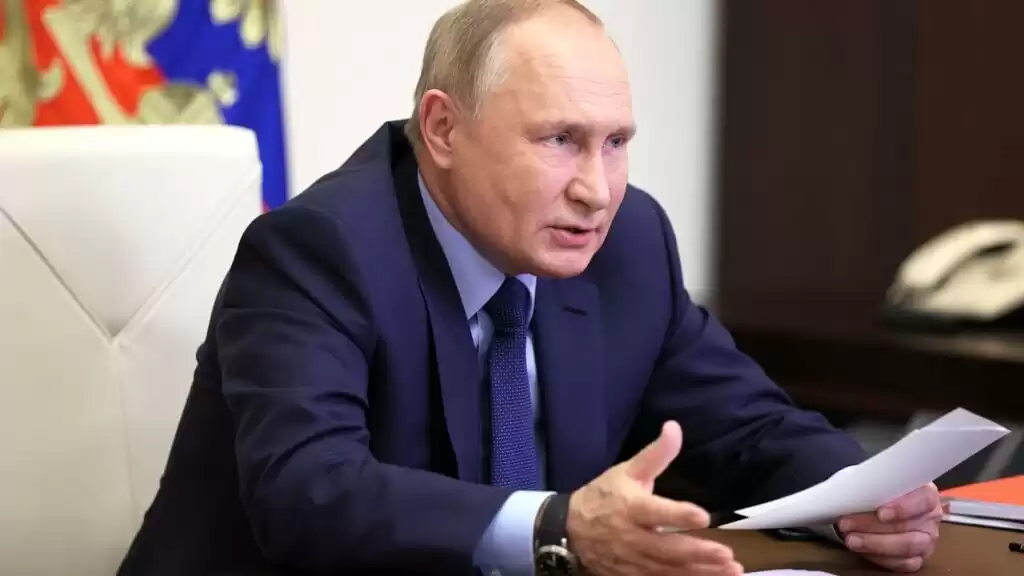Putin's Ukraine Crisis Deepens, Middle East Conflict Remains a Concern
"Putin's global aims and alliances pose a threat to the West, especially if attention is diverted from Ukraine. Imposing costs on Moscow is crucial."
In today's shifting geopolitical landscape, it is crucial for the West to not lose sight of the actions and ambitions of Vladimir Putin. While the focus may be on the Middle East, neglecting the situation in Ukraine will only serve to empower the Russian autocrat and potentially inspire other bad actors to follow suit.
Despite mounting casualties in Ukraine, Putin remains steadfast in his pursuit of a proxy war with the West. He continues to forge alliances outside of the liberal free world, bolstering his resources to sustain the conflict in Ukraine and undermine Western interests.
Analysts are growing increasingly concerned that Russia and China are aligning their actions strategically, presenting a united front against the West. This is further compounded by reports suggesting that North Korea may be providing military support to Russia in the Ukrainian conflict.
Russia's relationship with Iran has been on an upward trajectory for years, and it is now edging towards a defense partnership. It is not surprising that Russian arms have found their way to Hezbollah and Hamas, with leaders of both organizations making trips to Moscow. This highlights Putin's alignment with anti-American forces in the region, as demonstrated by his response to the Hamas attack, where he laid blame on US regional policies.
While the Ukraine war may not have gone according to plan for Putin, he may seize the opportunity to escalate against the West. He has been seeking ways to impose maximum costs on the West with minimal effort, using low-level crises in various regions as a means to achieve this. In Latin America, the Wagner Group has been instrumental in propping up friendly governments.
If the West becomes distracted from Ukraine, Putin will undoubtedly exploit these opportunities. This could involve cyber operations against US forces, disinformation campaigns, and the support of anti-American actors through the Wagner Group. President Biden correctly pointed out that both Hamas and the Kremlin aim to undermine liberal democracies, and it is crucial for Congress to address this issue once the House of Representatives selects a speaker and is ready to legislate again.
In the meantime, Western policymakers must consider how to impose costs on Moscow that outweigh the benefits of escalation. Without incentives to change their calculus, Moscow will continue its aggressive actions. The recent tensions with the US in Syrian airspace highlight the need for a strategic approach that takes into account shifting power balances across multiple theaters.
While an escalation in the Middle East may pose long-term challenges for Putin, aligning with Iran and Hezbollah has already compromised his role as a mediator. However, the prospect of another war remains uncertain, and Putin has already chosen a side. The Hamas attack does not change this reality.
In 2015, President Obama's miscalculation allowed Russia to establish a presence in Syria, bringing them closer to Israel's doorstep. Rather than getting bogged down in Syria, Putin used it as an opportunity to project power against the West at minimal cost. This position also bolstered his campaign in Ukraine. Western policymakers must think creatively about how to impose costs on Moscow that deter escalation, whether through direct actions or proxy conflicts. Sending mixed signals will only benefit our adversaries.











Comments on Putin's Ukraine Crisis Deepens, Middle East Conflict Remains a Concern